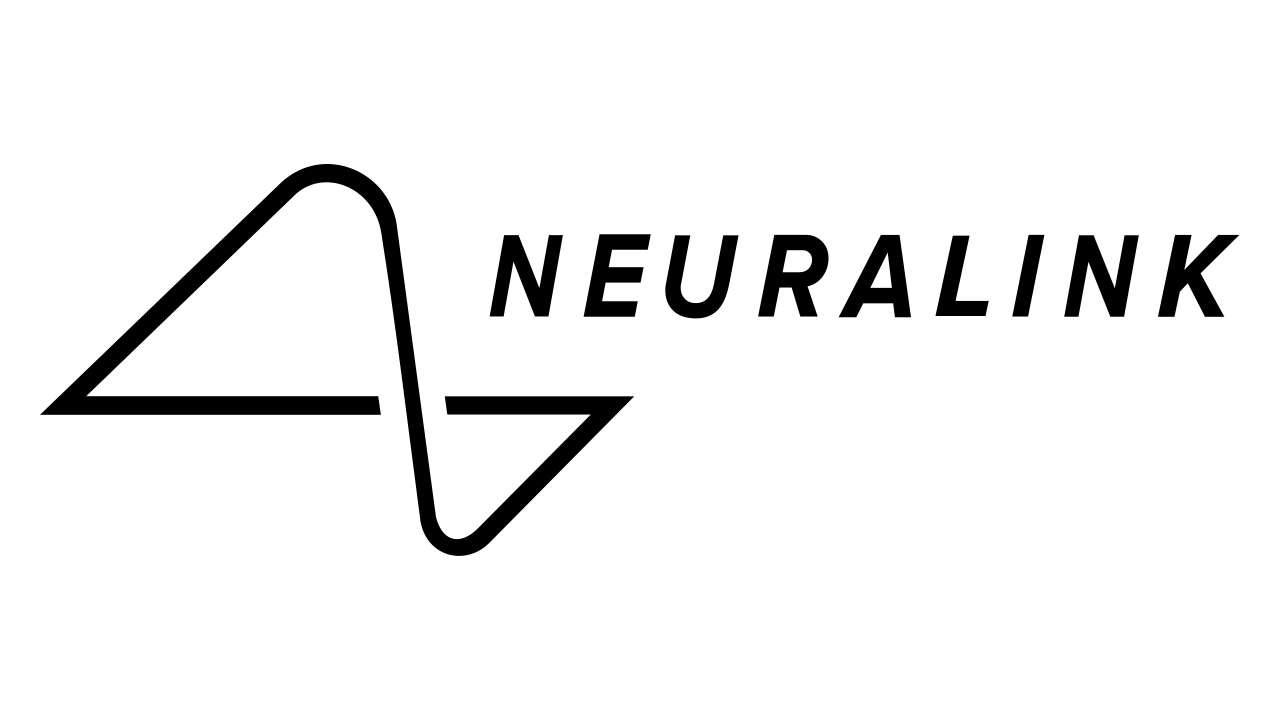Elon Musk's Neuralink aims to put a chip in someone's head in about six months
The company creating the future of brain-computer interfaces is aiming to start human trails in the next six months
➡️ The Shortcut Skinny: Neuralink next steps
🔜 A new Neuralink presentation promised that human trials will begin soon
🧠 Co-founder Elon Musk also said he’ll get the chip implanted in the future
👁️ Neuralink hopes to restore people’s vision, including those who were born blind
🗂️ The human trials are pending FDA approval
Neuralink, Elon Musk’s brain-computer interface company, is planning to start human trials within the next “six months”. And Elon’s even promised that he’ll get the chip implanted into his own head sometime in the future.
Musk took to the stage on Wednesday in a ‘show and tell’ event where he said the first human application Neuralink wants to target is restoring vision, including those who were born blind.
The chips have currently been inserted into monkeys and pigs, but never a human brain. Neuralink has filed most of the paperwork required for a human clinical trial to the FDA (Food and Drug Administration), which means trials could begin sometime in 2023.
You can watch the presentation below, and it’s fascinating to see how Neuralink’s surgical robot applies the thin, electrical threads that fire off the electrodes onto a human brain in around 15 minutes. You can also see monkeys typing telepathically, which is bananas and how they were trained to recharge the implants naturally by sitting under a wireless charger.
I do enjoy how one of the speakers makes out the process of cutting a hole into your skull and messing around with your brain isn’t absolutely terrifying, but just a simple procedure. And maybe one day it will be. “It’s like replacing a piece of your skull with a smartwatch, for lack of a better analogy,” Musk said.
But would you let Neuralink put a chip in your head? While the company’s goal is indeed a noble one – to help solve debilitating issues – any procedure that involves the brain needs to be 100% foolproof. Let’s hope Musk is taking more time to make decisions at Neuralink than he has a Twitter.
If Neuralink is successful, it could revolutionize the lives of so many people, but skepticism obviously remains high. This is uncharted territory in so many ways, but some companies have already started putting chips in their employees’ wrists so they don’t have to carry a keycard. The future is now, people.



